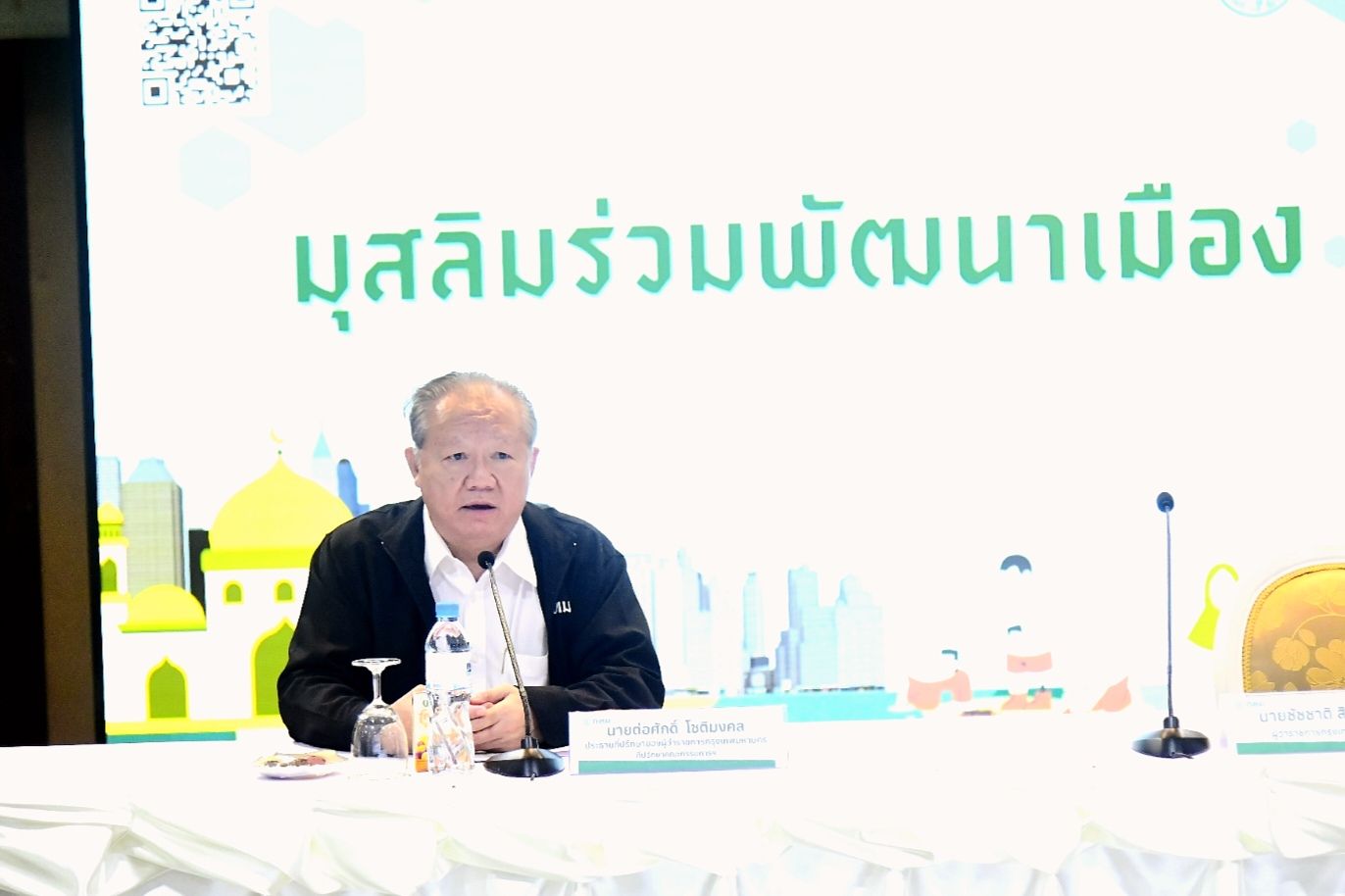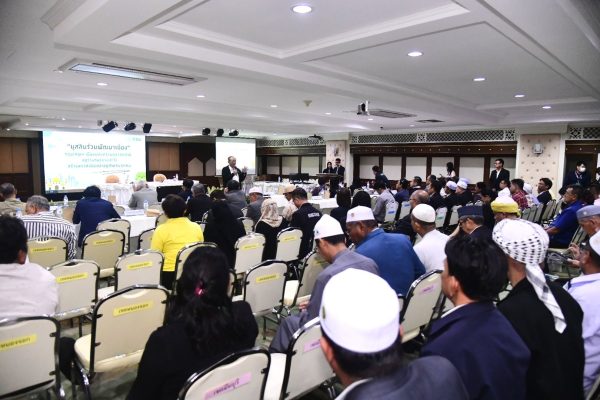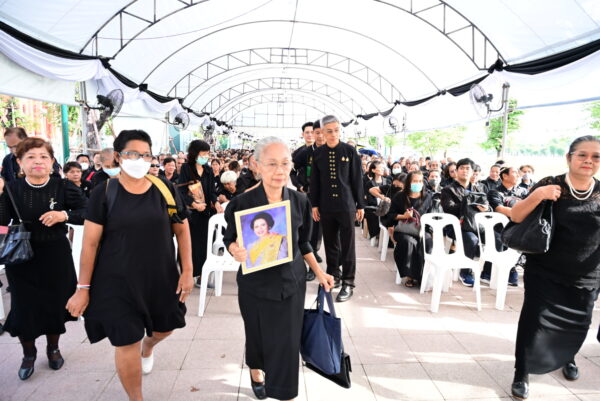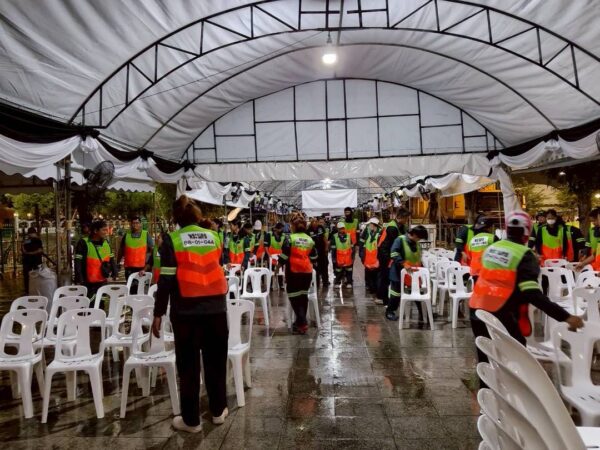
(July 15, 2025) – The Bangkok Metropolitan Administration (BMA) is advancing its “Muslims Participate in City Development” strategy, aiming to leverage cultural and religious strengths to significantly enhance the quality of life within Muslim communities across the capital.
Torsak Chotimongkol, Chairman of Adviser to the Governor of Bangkok, chaired the inaugural meeting of both the “Muslims Participate in City Development Committee” and the “District-Level Muslims Participate in City Development Working Group” for 2025.
Senior officials, including Supakrit Boonkhant, Deputy Permanent Secretary for the BMA, and Lamai Asawalertsak, Director of the Department of Provincial Administration and Registration, were present at the Rattanakosin Room, Bangkok City Hall.
Torsak summarised the overarching objective: to move beyond traditional administrative boundaries and empower urban development through collaborative efforts with the public, deeply rooted in cultural and religious dimensions.
He highlighted that the Chularajmontri (Sheikhul Islam of Thailand) is providing crucial guidance and co-planning with the BMA to achieve these goals, which primarily focus on improving living standards and addressing social issues within Muslim communities.
The BMA has categorised its 187 mosques into four sizes and is actively collecting vital online data on population, physical infrastructure, public health, and vulnerable groups within each community.
This data will facilitate the classification of mosque communities into three tiers: strong communities capable of assisting others, self-reliant communities, and those still requiring support.
This granular approach is designed to ensure efficient quality of life improvements, community organisation, drug problem resolution, and crime reduction, all aligned with local district policies and budgets.
The meeting also served as a vital platform for Muslim community members from various areas to network and foster cooperation, collectively driving the city’s development towards future objectives.
The establishment of these committees and working groups underlines the BMA’s commitment to fostering a truly multicultural Bangkok where all residents can coexist happily and peacefully.
The meeting commenced with the formal announcement of the committee’s formation and the introduction of its members, alongside the 30 district-level working groups.
Representatives from all 187 mosques across Bangkok participated, highlighting the widespread engagement.
Presentations from the committee and working groups outlined the operational guidelines for the district-level teams, encompassing four key areas:
Economy, Society, and Quality of Life: Emphasising inter-cultural understanding, multicultural coexistence, community well-being, and vocational development.
Environment: Focusing on waste reduction, plastic reduction, clean energy promotion, waste segregation systems, and increasing green spaces.
Utilities and Traffic.
Cleanliness, Orderliness, and Safety: Including collaborative crime and drug surveillance, maintaining clean mosque facilities, and upholding cleanliness in public areas.
This project aims to actively encourage public participation in urban development, provide a direct channel for district executives to receive local insights and suggestions, and cultivate a harmonious multicultural society.
Importantly, the initiative maintains a strictly non-political stance. This gathering marks a significant stride in building robust cooperation between the BMA and Thai Muslim communities, working hand-in-hand to ensure Bangkok remains a progressive and liveable city for everyone.
Participants actively discussed and outlined proactive strategies for each district, aligning with the Governor’s policies, with ongoing inter-sectoral coordination and continuous reporting of activities anticipated.
#Bangkok #BMA #BMACommunity #MuslimsInDevelopment #BangkokInclusion #CulturalHarmony #UrbanUpliftment #SmartCitiesBKK #Muslim




